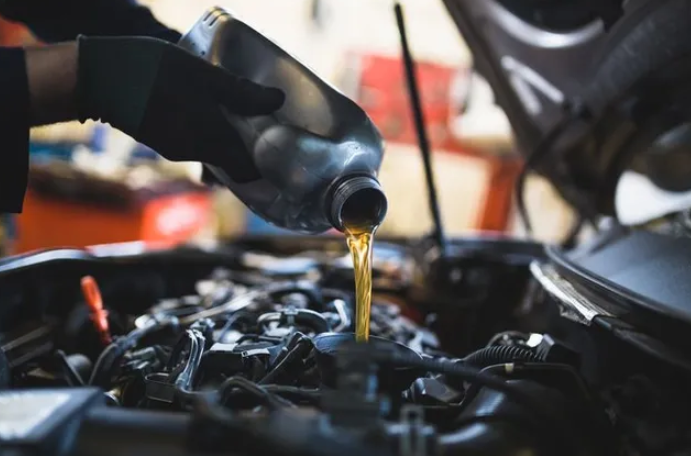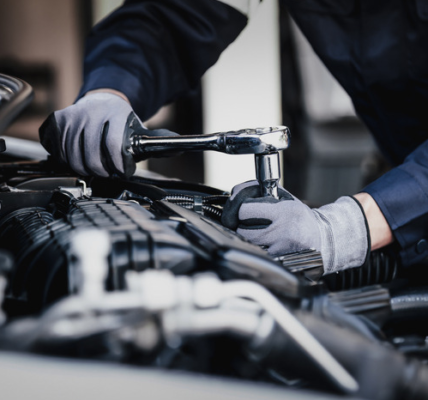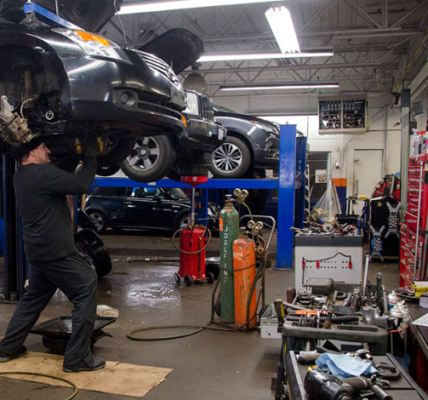If there’s one thing I’ve learned over the years, it’s this: taking care of your car is way cheaper than fixing it after it breaks down. And two of the most important maintenance tasks to keep your engine running smoothly are regular oil changes and tune-ups. They might sound basic, but trust me, skipping them can lead to some very expensive lessons.
Why Oil Changes Are So Crucial
Let’s start with oil changes because, honestly, they’re the backbone of engine maintenance. Engine oil keeps all those moving parts lubricated, reduces friction, and helps your car run smoothly. Over time, though, oil breaks down, collects dirt, and loses its effectiveness. And dirty oil? It’s like sandpaper running through your engine.
Here’s what happens if you put off oil changes (not that I’m speaking from experience… okay, maybe once):
- Increased Engine Wear: Old oil can’t protect engine parts as effectively, leading to faster wear and tear.
- Overheating: Fresh oil helps regulate engine temperature. Dirty oil struggles to do the job.
- Engine Sludge: If the oil gets too dirty, it turns into a thick, goopy mess that clogs up everything.
- Engine Failure: Yep, neglect your oil long enough, and your engine might just quit on you.
A quick tip? Always check your owner’s manual for the recommended oil change interval. Some cars need it every 3,000 miles, while newer ones can go 5,000–7,500 miles. Oh, and don’t skimp on quality oil—it’s worth the few extra bucks.
What’s Involved in a Tune-Up?
Now, let’s talk tune-ups. If an oil change is like a good cleaning, a tune-up is a full-on health check for your engine. Back in the day, this meant adjusting carburetors and replacing points and distributors. Modern cars are less high-maintenance, but tune-ups are still essential.
Here’s what typically happens during a tune-up:
- Spark Plug Replacement:
- Worn-out spark plugs can cause misfires, reduce fuel efficiency, and make your engine feel sluggish.
- Most spark plugs last 30,000–100,000 miles, depending on the type.
- Air Filter Replacement:
- A clogged air filter chokes your engine, reducing performance and mileage. It’s a quick and cheap fix.
- Fuel System Cleaning:
- Over time, fuel injectors can get clogged, affecting how efficiently your car burns fuel. A cleaning restores power and mileage.
- Battery Check:
- Mechanics test your battery and clean off any corrosion to ensure reliable starts.
- Inspection of Belts and Hoses:
- These wear out over time and can cause big problems if they snap while you’re driving.
- Checking Fluids:
- From coolant to transmission fluid, a tune-up ensures all the fluids are topped off and in good condition.
How Often Do You Need a Tune-Up?
This depends on your car’s age and mileage. Older cars might need tune-ups every 10,000–15,000 miles, while newer vehicles with advanced technology can go 30,000–50,000 miles. But here’s a pro tip: don’t wait for something to go wrong. Regular maintenance helps catch small problems before they turn into costly repairs.
Signs You’re Overdue for an Oil Change or Tune-Up
Sometimes your car will let you know it’s time for some TLC. Keep an eye (and ear) out for these warning signs:
- For an Oil Change:
- Dashboard oil light is on.
- Engine sounds louder than usual.
- Oil looks dark and gritty on the dipstick.
- You smell burning oil (this one’s bad—don’t ignore it).
- For a Tune-Up:
- Poor gas mileage.
- Trouble starting the car or frequent stalling.
- Rough idling or engine misfires.
- Strange noises like knocking or pinging from the engine.
DIY vs. Professional Service
Oil changes are a pretty common DIY task. If you’re comfortable getting under the car, you’ll just need some basic tools, a new oil filter, and the right type of oil. But for tune-ups? Those are best left to the pros unless you’re experienced. Modern cars are packed with sensors and computers, and it’s easy to mess something up if you’re not careful.
Cost Breakdown: What to Expect
Here’s a ballpark estimate for these services:
- Oil Change: $30–$100, depending on whether you do it yourself or go to a shop, and whether you use conventional or synthetic oil.
- Tune-Up: $150–$500, depending on what needs to be done and your vehicle’s make and model.
While these might seem like extra expenses, think of them as an investment in your car’s longevity. A well-maintained car saves you money in the long run by avoiding costly repairs.
The Bottom Line
Oil changes and tune-ups might not be the most exciting part of owning a car, but they’re absolutely essential. Think of them as routine check-ups for your vehicle—small efforts that keep it running strong for years to come.
So, the next time you’re tempted to put off an oil change or skip a tune-up, remember: a little maintenance now saves a lot of headache (and money) later. Your car will thank you for it—and so will your wallet.








